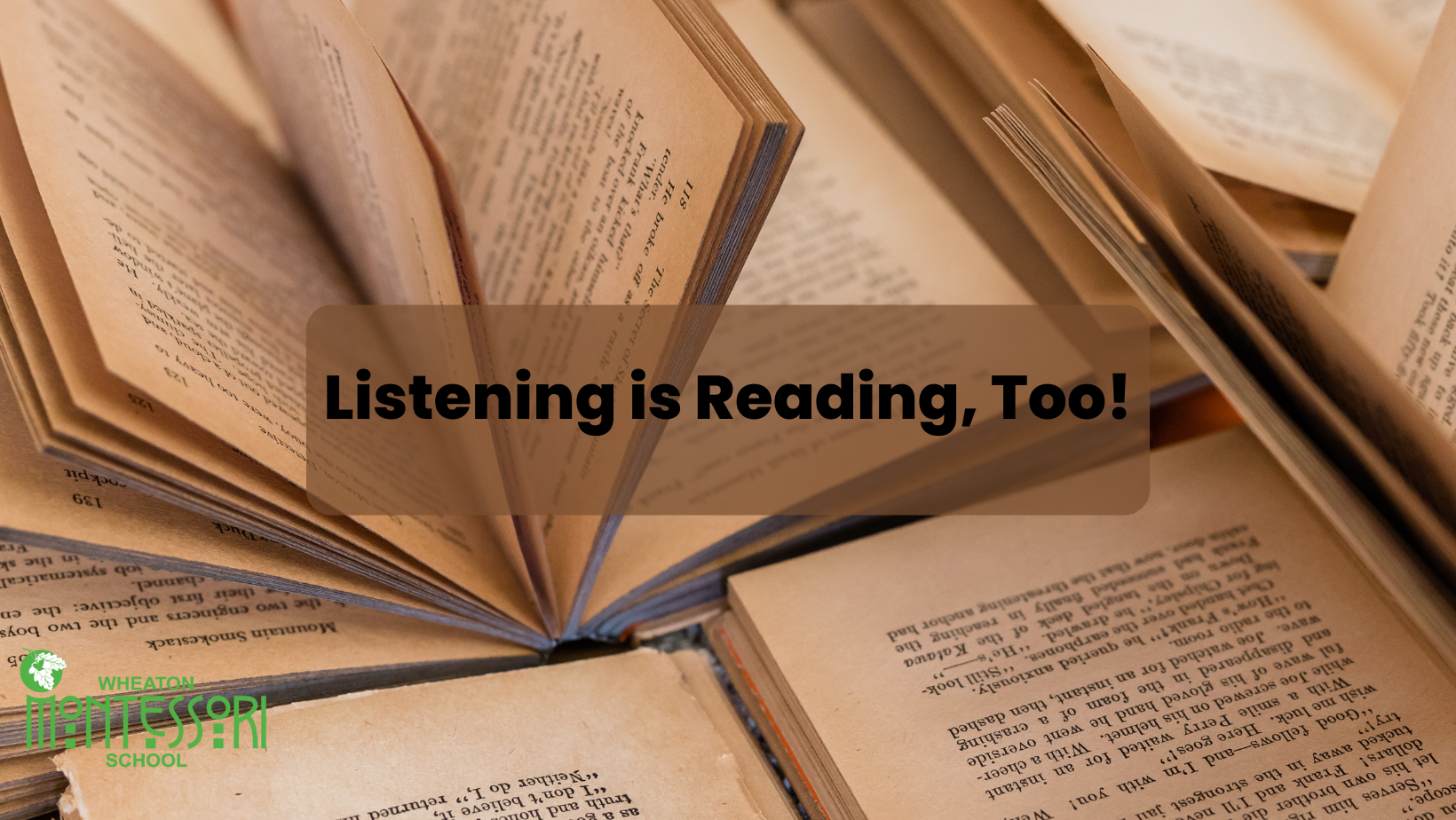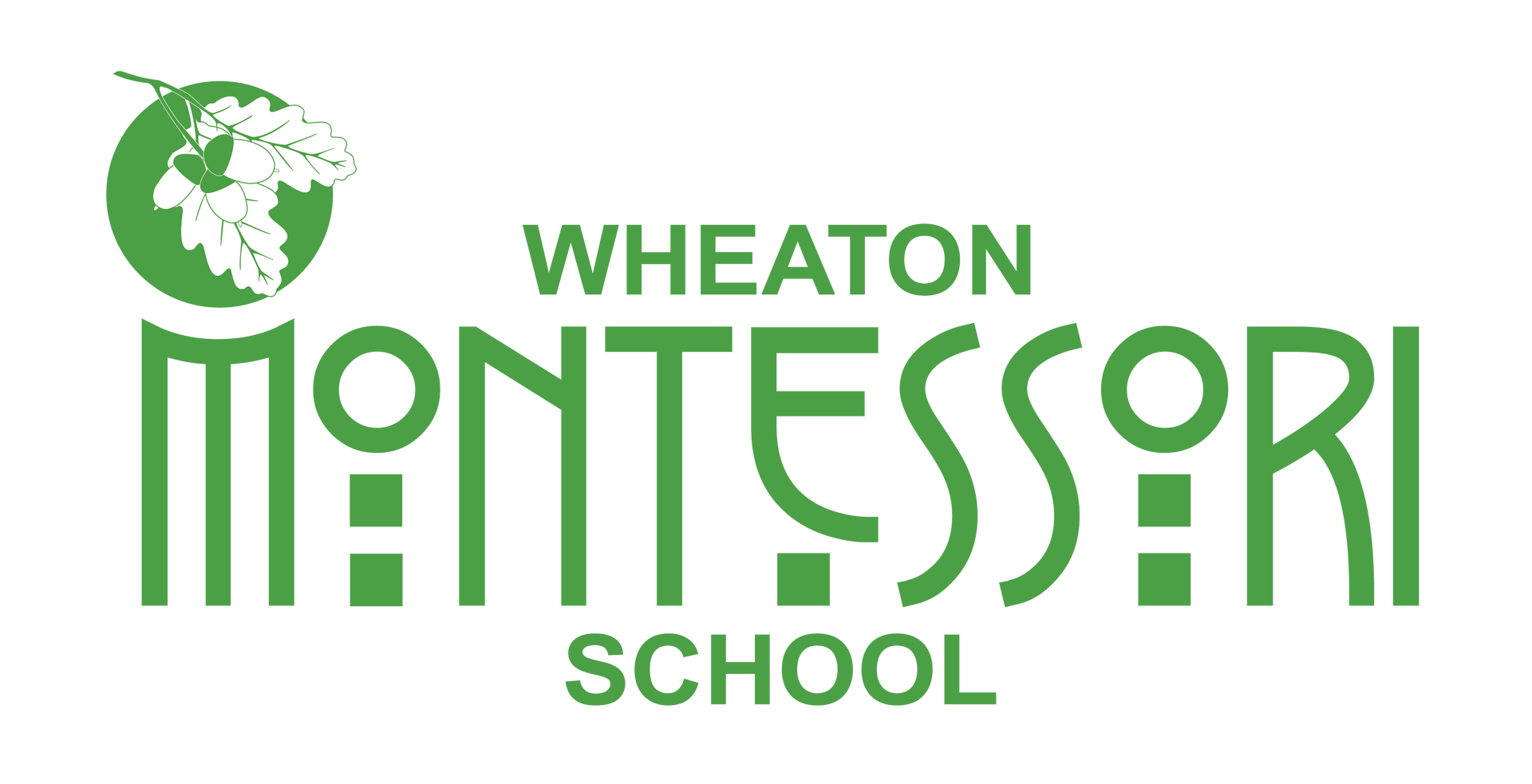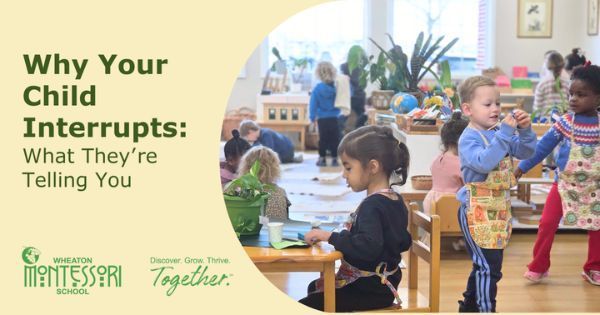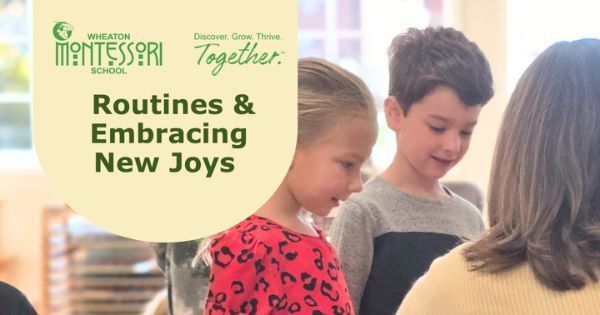
I will confess, I am one of those people who does not enjoy listening to audiobooks. I find that my mind
wanders and I miss things, and I loathe the process of rewinding and finding the spot where I left off. I
did have a very pleasurable experience listening to Andy Weir’s The Martian as an audiobook, but only
because I was alone on a very long car trip and could listen uninterrupted for hours at a time. (And also
because that is a CRAZY good book and you should definitely read or listen to it if you haven’t already!)
Still, I have encouraged my own children and my students to include listening to books as well as reading
them from very early on.
There are practical advantages to listening to stories – some children don’t like to read simply because it
involves sitting still. But if they can busy themselves with Legos, or sketch while listening, they will
engage with a story for hours. Children who experience challenges in learning to read especially benefit
by being able to listen to a story that is at their age/developmental level, but which they may not yet be
able to read on their own.
Listening to audiobooks is not just beneficial to struggling readers. All developing readers can benefit
from listening to stories. Reading involves so much more than looking at groups of letters and sounding
them out. Here are just some of the important benefits of reading that are enhanced by listening to
audiobooks:
1. Listening to audio books builds listening skills, attention span and capacity to focus. Parents tell
us that 'Listening to audiobooks has made my child more inclined to listen in general.' What we are
really seeing is the development of concentration. Engagement with a good story that makes you want
to hang on to find out what happens next is a great way to build attention and focus. Once a child has
associated listening with “something really good” happening, it is easier to get them to listen at other
times!
2. Listening develops comprehension and critical thinking skills. The listener has the advantage of
being able to visualize as they listen. Their understanding is also helped by the tone of voice, accent,
emphasis and timing given to the text by the professional reader. This listener is taking in not only the
strict meaning, but the depth and breadth of understanding. The child begins to identify clues that
indicate the intent of the author, whether opinion or fact is being stated, and whether the author is
trying to convince the listener or perhaps trick them. The stories become opportunities to practice
being an active listener and making judgements about what is being said.
3. Listening increases exposure to new vocabulary. Audiobooks can be a way of introducing books
above your child's current reading level, so that more complex stories and vocabulary can be
understood and enjoyed. It takes multiple exposure to a new word in a variety of contexts for your
child to make that word part of his/her usable vocabulary. Listening allows all students, regardless of
reading ability, to acquire a working vocabulary that meets their intellectual capacity. In turn, this
vocabulary acquisition supports their written work to develop. Additionally, listening to an audiobook
has the advantage over regular reading in that the child is hearing the word correctly pronounced.
(Preventing the problem of a certain adult I know who got well into adulthood before realizing that
when you were proud of a task well done, the word you said was not pronounced ‘viola!’.)
4. Listening to stories ignites children's imaginations. Audiobooks allow the listener to visualize what
is happening, developing the imagination as well as absorbing the structure and conventions of
storytelling. Exposure to human (not digital) narrators shows how a story-teller brings a story to life
with voice inflections, humor, mystery, and varied cadence. This allows students greater confidence in
communicating both orally and on paper, and in making their writing (both fiction and non-fiction)
interesting to their reader.
If a student is reading daily and has access to a wide variety of material including non-fiction, fiction
from a variety of genres, biographies and autobiographies and poetry of all sorts, then each of these
elements are also developed by simply reading. But let’s face it – there are so many other activities that
stand in direct competition with reading these days. I know too well that as a parent it is hard to fit in
enough time for reading around school, sports, church, family outings, etc.
This is where audiobooks can find a place in your life. Digital access to books today is easy and can be
very inexpensive or even free. Your local library almost certainly has a program through which you can
“check out” and download books to listen to on a phone or tablet. Listening to a book all together in the
car on the way to activities is a way to pass the time, keep folks in the car from squabbling, and enjoy a
story together. If the story isn’t appropriate for everyone, then headphones save the day.
I hope I’ve dispelled any concerns that listening to an audiobook doesn’t count as “real reading”. It can
and SHOULD be a part of your child’s reading life. I always advocate a steady rotation of reading to
oneself, being read to, and listening to audiobooks with professional (human, rather than a digital
“voice”) narration. If you can do one of these things each day, you will be giving your student the very
best foundation for academic success! (And you will probably discover some pretty awesome children’s
books along the way).


